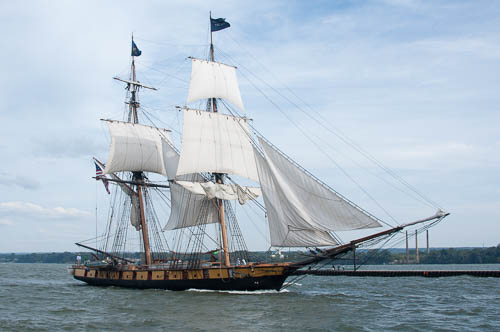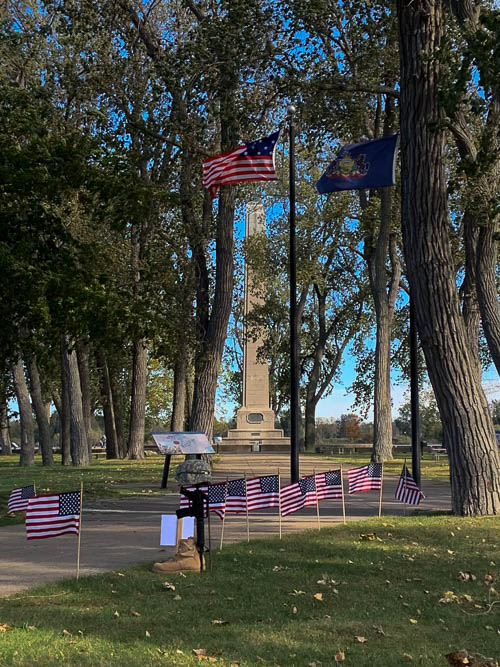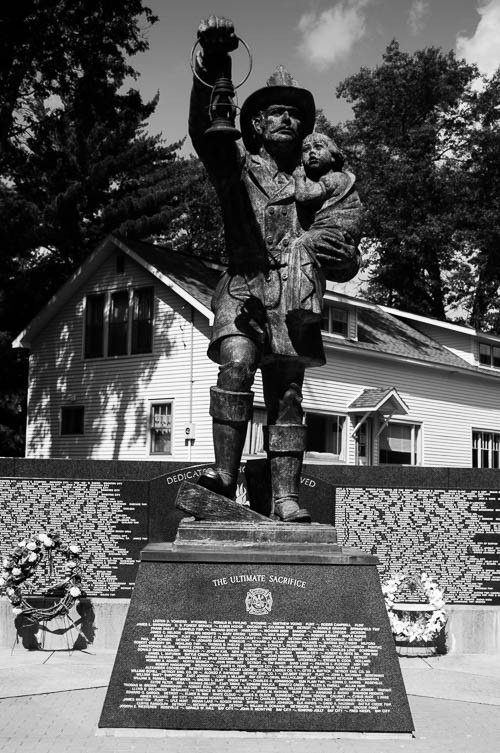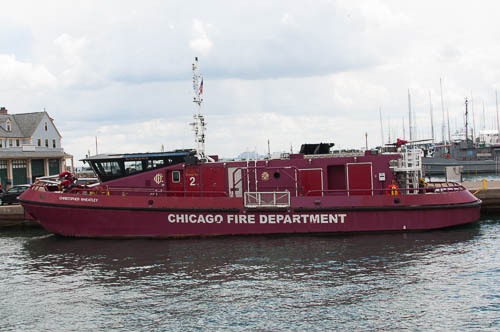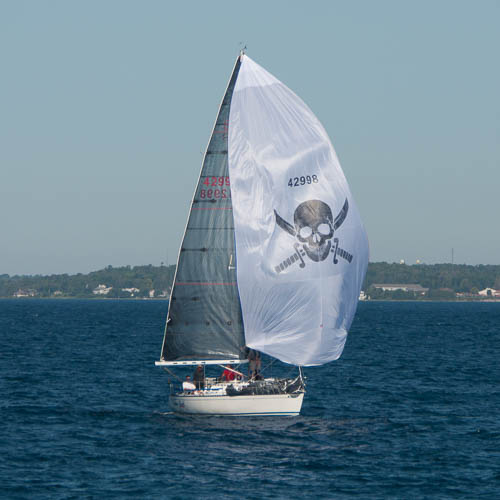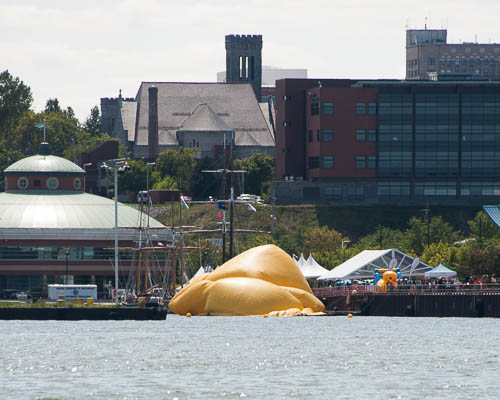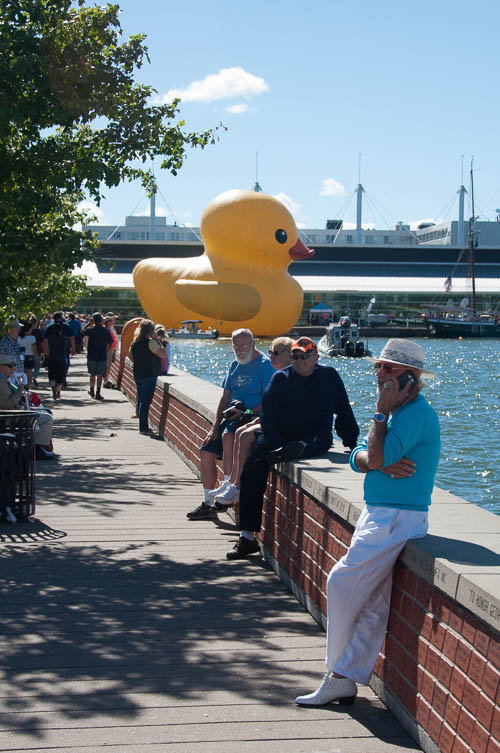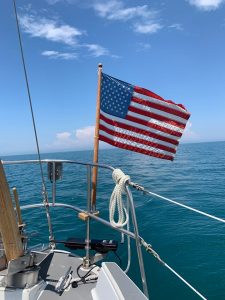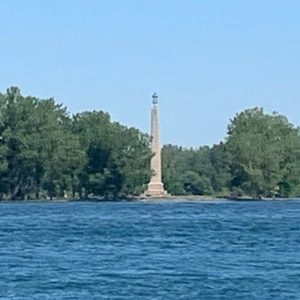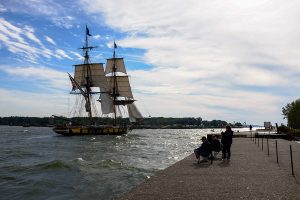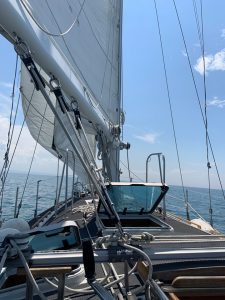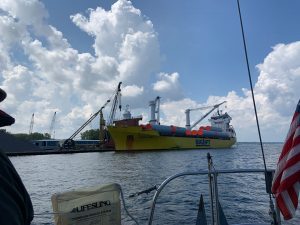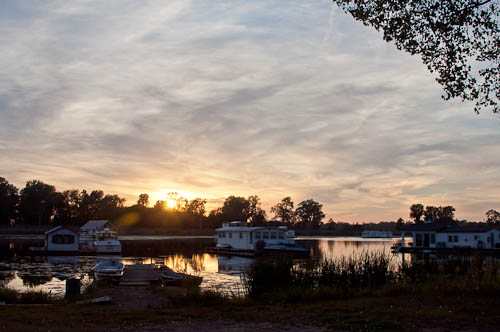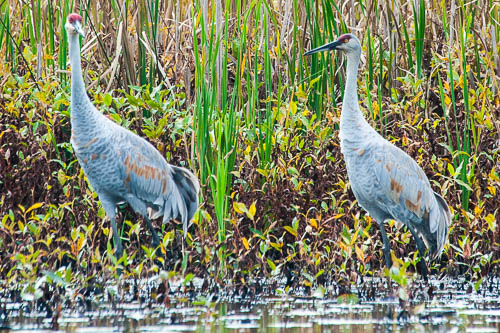
The Jersey Devil is a mythological creature. Its origin story maintains that the Jersey Devil was the result of a 13th birth to a (human) colonial family in the Pine Barrens of New Jersey. The Jersey Devil terrorized the family (or killed the family, according to some versions of the tale). Then, it flew up the family’s chimney. People have reported it flying for hundreds of years now. Mostly in New Jersey, of course. However, at least one person reported seeing it in Pennsylvania, across the Delaware River.
This Cryptid also named a professional hockey team and inspired its mascot. I speak of the New Jersey Devils. I work in an office in Pittsburgh. My one manager – a Philadelphia-area native – sits directly across an aisle from me. He placed a pillow featuring the New Jersey Devils’ “devil” mascot on a shelf directly above his desk. I see that devil pillow every time that I look at his office’s glass front wall.
So, the locals adopted the Jersey Devil as a beloved part of their culture.
I listened to these podcasts about the Jersey Devil:
Episode 9: A Devil on the Roof from the Lore podcast by Aaron Mahnke
Episode 314: The Jersey Devil from Last Podcast on the Left
(Just a warning that Last Podcast on the Left (LPOTL) includes adult language and content.)
I’ve read several books on folklore that include chapters or at least mention of the Jersey Devil. Depending on your source, you will read different things about the Jersey Devil.
Some of my sources speculate that people who reported seeing the Jersey Devil actually saw a sandhill crane. That’s why I included at the top of this blog post a photo of two sandhill cranes. Here’s another photo of the same pair of sandhill cranes:
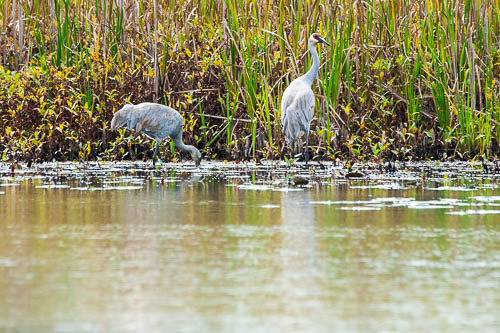
I took these particular photos in October 2020 from a kayak on Lake Arthur at Moraine State Park in Western Pennsylvania. The park sits about 90 miles south of PA’s Lake Erie shoreline. When I took my photos of these birds, the birds ate in the wetlands at the lake’s edge. I made a lot of noise. The birds ate. They did not flee from me. They just ate. I took these photos during the same week that I read that biologists anticipated significant numbers of migratory birds to fly south for the winter. I am under the impression (I am NOT a scientist) that these birds stopped at Lake Arthur to feed during a migration from somewhere on the Great Lakes to somewhere south.
Here are different sandhill cranes that I saw on an island of Lake Huron in Northern Michigan in August 2020 and August 2021:
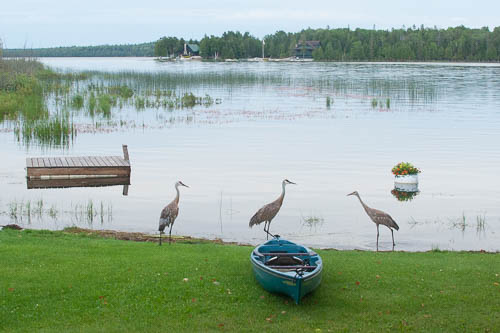
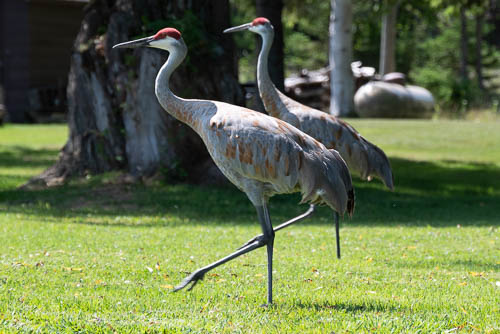


I’ve established what sandhill cranes look like. My crane photos are all from the Great Lakes region. However, from what I understand (again, I am NOT a scientist), sandhill cranes have a range that includes other areas of North America.
Was the New Jersey Devil actually a “Pennsylvania” Sandhill Crane?
Also, what does it actually take to be famous through the ages?
I blogged about American Naval hero Stephen Decatur a few days ago. He defeated pirates. He won a Medal of Honor. He married a socially elite woman. He and his wife were an early 1800’s power couple! He lived in a mansion near the White House. He seconded Oliver Hazard Perry in a duel. He then died in a duel himself. A bunch of people who were born before the American Civil War were named after him.
And – he (allegedly) saw the Jersey Devil while he was testing cannons for the United States military. He (allegedly) fired a cannonball at the poor creature.
And – for me – the whole Jersey Devil story is what convinced me that Stephen Decatur will not be forgotten in America. He was famous enough to be linked in folklore to a beloved American figure – the Jersey Devil.
Just for the record, several sources that I consumed also linked Napoleon’s brother, Joseph, to a Jersey Devil sighting. Joseph Bonaparte used to be the King of Spain. After Napoleon’s defeat, Joseph had to move to New Jersey. The Canadian band Moxy Früvous has a song titled King of Spain that begins with the lyrics “Once I was the King of Spain, now I eat humble pie.” The song’s lyrics include mention of employment in a North American pizzaria. I personally think that the song is a dig at Joseph Bonaparte – the former King of Spain who had to move to Jersey, and then went down in folklore for his alleged run-in with the Jersey Devil.
